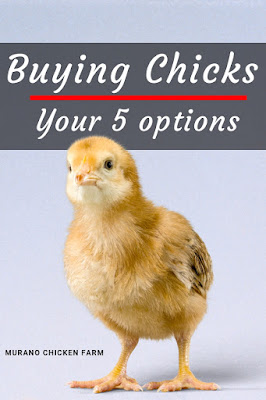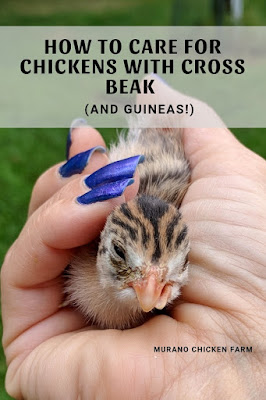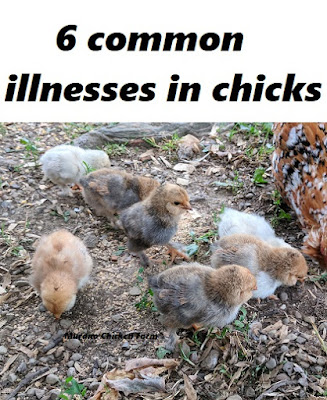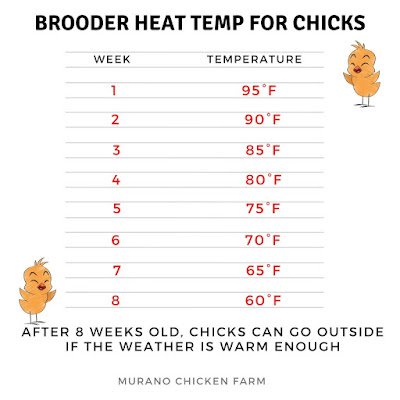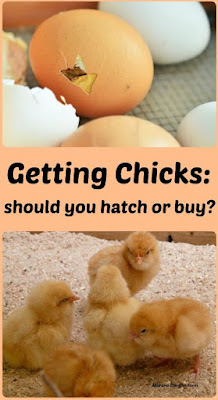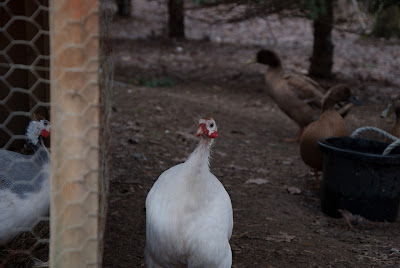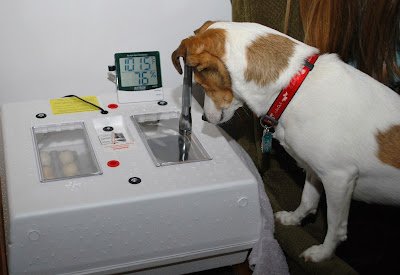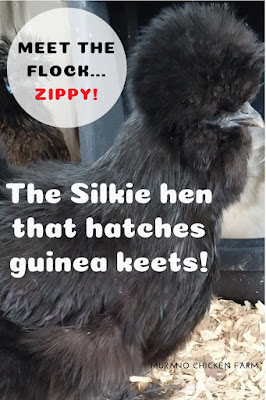Every year when we raise chicks I start to feel bad for them. It must be boring eating the same feed every single day! Unfortunately for them, chick feed is formulated to be nutritionally complete. So they don't need anything else.
I still like to give them occasional treat and lots of special attention. When feeding chicks treats though, you need to be careful that you give them healthy snacks most of the time.
Oh, and grit.
While chickens love treats like bread, it's really not that good for them. If you think about it, white bread isn't all that good for us either which brings me to the first rule of chick treats: If it's not good for you, it's not good for them.
Just like when feeding adult chickens treats, things that shouldn't be given to chicks include alcohol, caffeine, lots of salt and spoiled foods.




